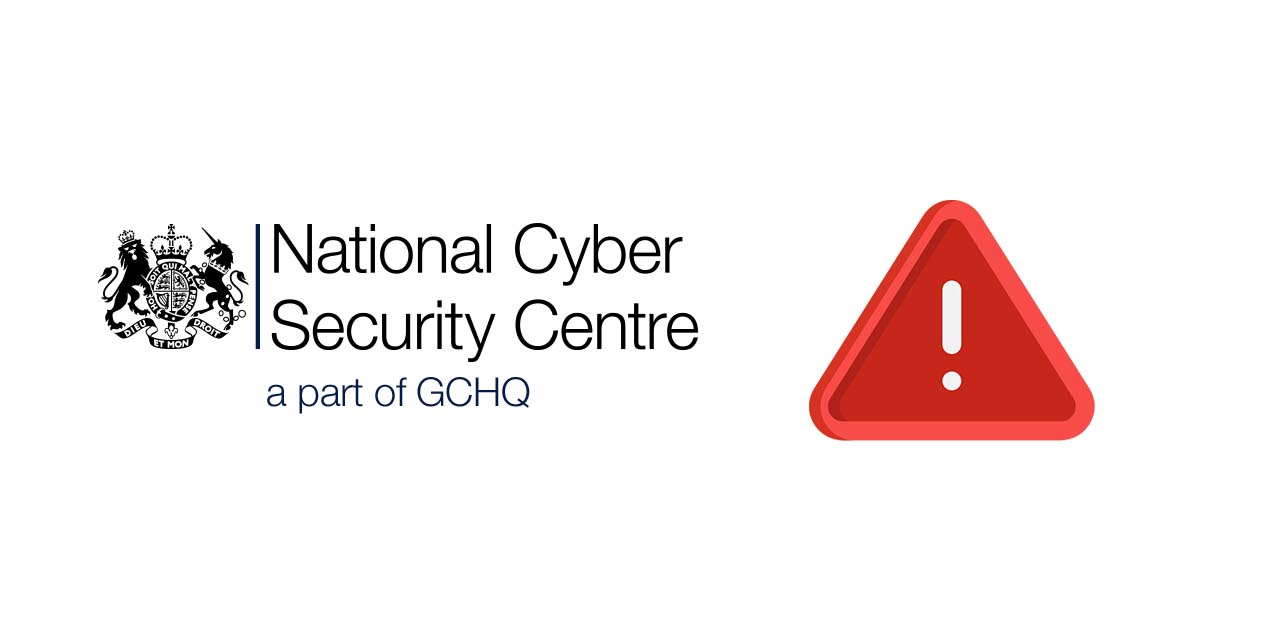Cyber security for businesses in Birmingham and the West Midlands
I speak to many SME business owners. For the Managing Directors, CEOs and senior leaders that run the 121,175 small and medium-sized businesses based...

Cyber attacks are increasing at an alarming rate. It’s not just the frequency, but growing sophistication of attacks, that is concerning.
Carbon Black report that the UK cyber threat is escalating. However fast UK businesses may be adapting to the intensifying environment, cybersecurity threats are evolving faster. Having multi-layered cybersecurity measures is critical to prevent and limit the impact of a cyber attack.
By limiting the number of computer users that have administrator rights, you will limit your business' vulnerability to a cyber attack. It is more difficult for malware to compromise a machine without administrative rights. The general rule of thumb is to provide access, to only the systems an employee requires to perform their job.
Most businesses use Microsoft or Apple operating systems. Both companies regularly release updates to patch security vulnerabilities. If you do not keep your computers up-to-date, then this will leave your business exposed.
The easiest solution is to configure your machines to automatically download and install software updates. We recommend that our clients keep their computer switched on at all times to ensure that automated updates are installed, however, in some businesses it maybe best practise to shut down your computer to trigger updates. Check with your IT team for clarity.
Applications such as Adobe Reader and Java should also be updated, as well as your anti-malware and anti-virus software.
As operating systems get older they reach ‘end-of-life’ and go ‘out-of-support’. This means the manufacturer no longer provides security updates. These computers need to be placed or upgraded, otherwise they will pose serious cybersecurity threat.
Anti-malware and anti-virus software are vital to ensure the security of your network. Think of anti-malware and anti-virus software as the white blood cells of your computer; a silent defence mechanism working day and night to detect and battle viruses.
We also recommend that your entrust an expert to implement and maintain anti-malware and anti-virus software. The software is as effective as they way it managed.
As part of a multi-layer cybersecurity approach, we also recommend to double-up on your protection, and pair Webroot with Malwarebytes.
The average person now receives 147 emails per day. While many emails will contain useful information, spam or junk can easily trick you into downloading malware or disclosing private information. Some of the messages might contain attachments with malware inside or links that activate.
To reduce the likelihood of such emails duping you and your staff, deploy an email security filter. This will have the added benefit of reducing the number of emails your team have to manually process, giving you a productivity boost at the same time. Bonus!
Whichever systems you deploy, people are the often the weakest link when it comes to cybersecurity.
Cybersecurity awareness training is a great way of informing team members about cyber threats, so they can be alert to the dangers and alter their behaviour accordingly.
You can use a service like OpenDNS Umbrella which works by identifying suspicious websites and blocking access. As an added benefit, you can also use it filter access to websites based on categories.
So there you have it – several layers of threat-crushing defences which you can use to protect your business against the increasing rise of the cyber attack!
If you want more information on how to implement these tips or you need a few pointers on where to go next, then get in touch and we’ll be happy to help.

I speak to many SME business owners. For the Managing Directors, CEOs and senior leaders that run the 121,175 small and medium-sized businesses based...

Following the distressing news of Russia’s invasion of Ukraine, Lindy Cameron, CEO of the National Cyber Security Centre (NCSC) has advised all UK...
In today’s digital age, cyber security is not just a technical issue; it’s a critical business concern. The UK Government's Cyber Security Breaches...